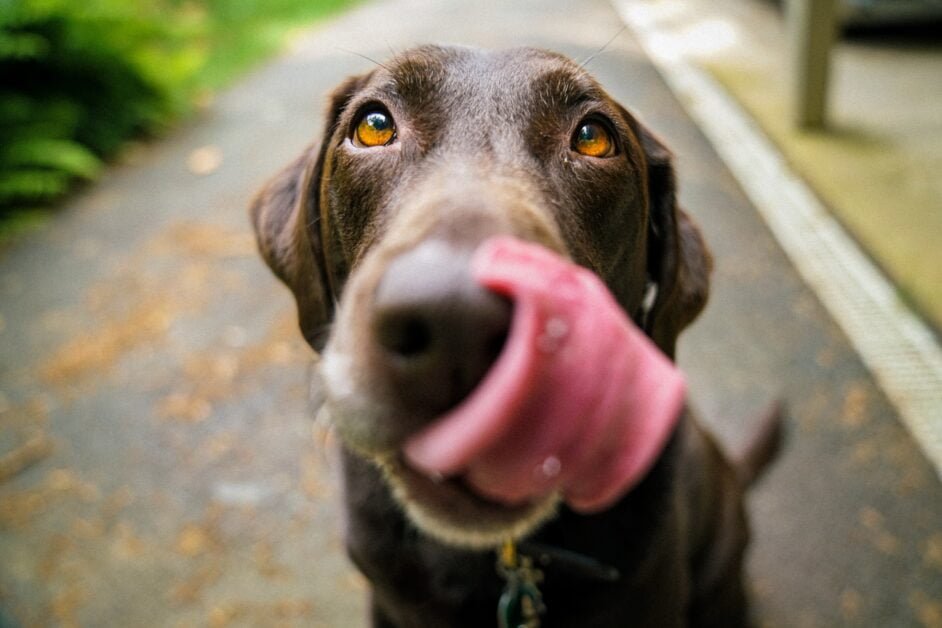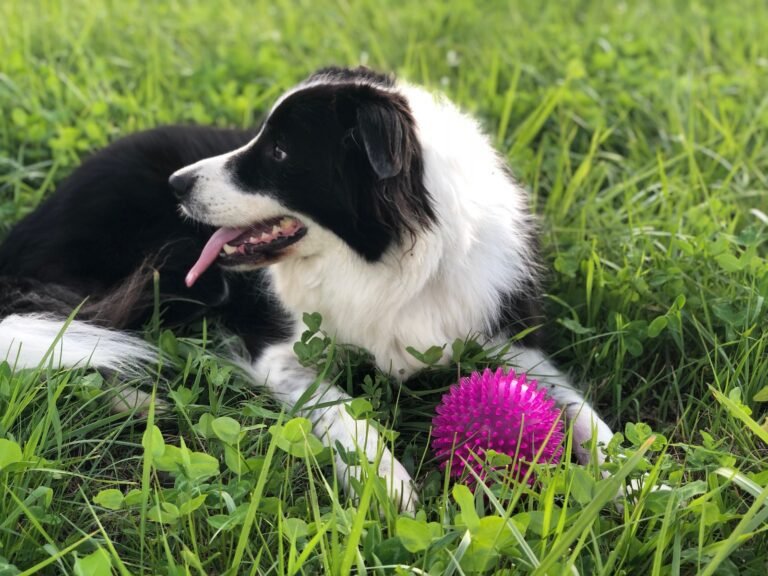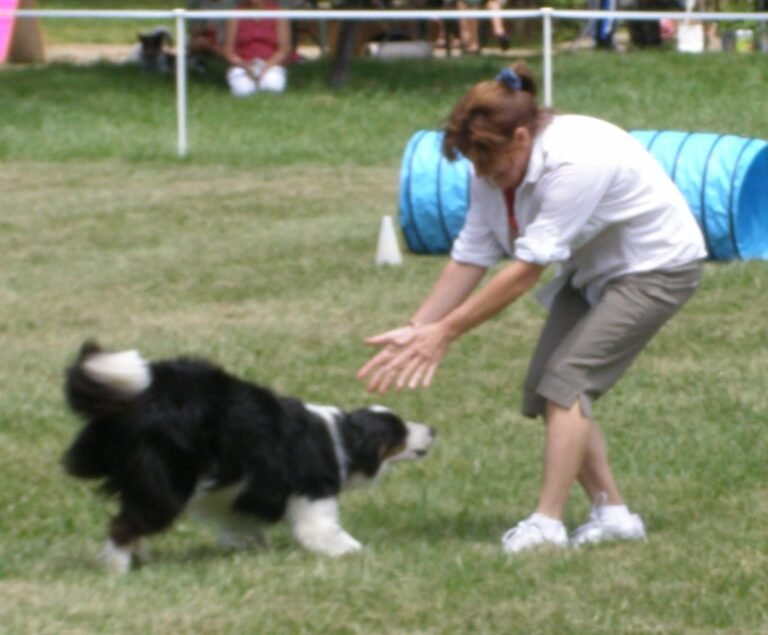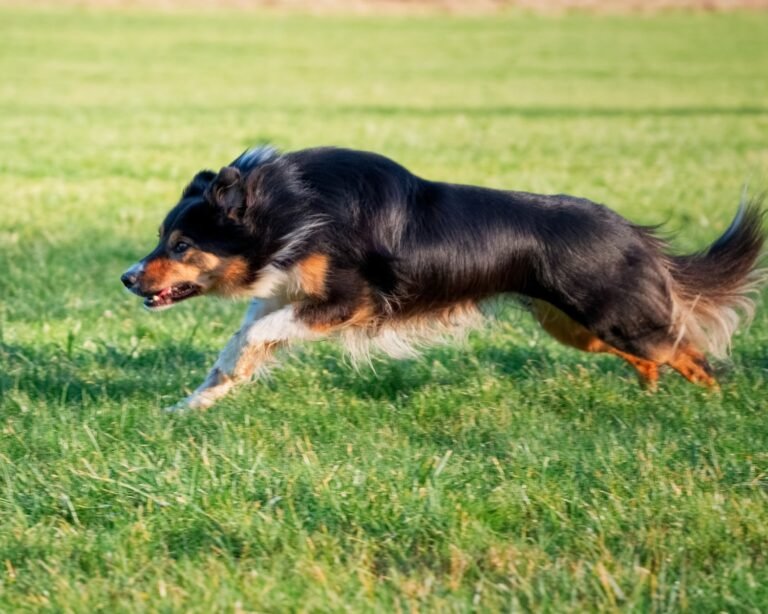Are Border Collie Dogs Aggressive? Here’s Your Answer
So you’ve got a Border Collie and you’re wondering if the rumors are true – are Border Collie Dogs aggressive nature? Understandably, it’s a concern for any dog owner. In this article, we’ll delve into the topic of aggression in Border Collie dogs, examining their temperament, common triggers, and strategies for managing and preventing aggressive behavior. By the end, you’ll have a better understanding of what may cause aggression in your furry friend and how to address it effectively. So let’s get started, shall we?

Understanding Aggression in Border Collie Dogs
Border Collies are known for their intelligence, athleticism, and herding abilities. However, like any other breed, they can display aggressive behaviors under certain circumstances. It is essential for dog owners and potential owners to understand aggression in Border Collies to ensure the well-being of both the dog and those around them. In this article, we will explore the causes of aggression in Border Collies, the different types of aggression they may exhibit, and how to recognize and manage aggressive behavior.
Causes of Aggression in Border Collies
aggression in Border Collies can stem from a combination of genetic predispositions, environmental factors, and socialization experiences. Understanding these factors is crucial in addressing and managing aggressive behaviors in these dogs.
Nature vs. Nurture: Genetic Factors
Genetics play an important role in a dog’s temperament and behavior, including aggression. Some Border Collies may inherit a predisposition to aggression from their parents or ancestors. However, it is important to note that genetics alone do not determine a dog’s behavior. Proper socialization and training can help mitigate any genetic predispositions.
Environmental Factors
The environment in which a Border Collie grows up can significantly influence their behavior. Lack of socialization, inadequate training, abuse, neglect, or exposure to traumatic events can contribute to the development of aggression. It is essential to provide a nurturing and positive environment for these dogs to minimize the risk of aggression.
Socialization and Training
Proper socialization and training are essential in preventing and Managing aggression in Border Collies. Early socialization, starting from puppyhood, exposes them to different people, animals, and environments. This helps them develop appropriate social skills and reduces the likelihood of aggressive behavior. Positive reinforcement training techniques, such as rewards-based training, are highly effective in teaching Border Collies desirable behaviors and curbing aggression.

Types of Aggression in Border Collies
Understanding the different types of aggression that Border Collies can display is crucial in addressing their aggressive behavior effectively. Each type of aggression may have different triggers and require specific strategies for management.
Fear Aggression
Fear aggression occurs when a Border Collie reacts aggressively due to fear or anxiety. They may display defensive behaviors such as growling, barking, or even biting when they feel threatened. Identifying and addressing the underlying cause of fear is essential in managing fear aggression.
Territorial Aggression
Territorial aggression in Border Collies manifests when they perceive a threat to their territory or personal space. This behavior is often triggered by strangers or unfamiliar dogs approaching their home or property. Proper training and socialization can help minimize territorial aggression in Border Collies.
Protective Aggression
Border Collies are known for their protective nature towards their families. Protective aggression can manifest when they perceive a threat to their owners or fellow pets. While this behavior is instinctive, it is essential to train them to differentiate between real threats and harmless situations to prevent any aggressive outbursts.
Possessive Aggression
Possessive aggression arises when a Border Collie displays aggression over resources such as food, toys, or even their owners’ attention. It is crucial to establish clear boundaries and provide appropriate training to prevent possessive aggression from escalating.
Predatory Aggression
Predatory aggression is an instinctive behavior in Border Collies that is more prevalent in dogs with a strong herding drive. It manifests as chasing or nipping behaviors towards smaller animals or even children. Managing predatory aggression involves redirecting their natural instincts towards more appropriate outlets, such as herding or fetching activities.
Redirected Aggression
Redirected aggression occurs when a Border Collie is unable to access their initial target of aggression and redirects it towards another individual or object. This behavior can be challenging to predict and manage, as the dog’s aggression may seem to come out of nowhere. Identifying triggers and avoiding situations that may lead to redirected aggression is essential.
Conflict Aggression
Conflict aggression arises when a Border Collie is placed in a situation with conflicting motivations or desires. This can occur, for example, if the dog is put in a situation where they are both fearful and protective. Understanding the underlying conflict and managing the triggers can help prevent conflict aggression.
Aggression towards Humans vs. Other Dogs
Border Collies may display aggression towards both humans and other dogs, but the triggers and causes can vary. Aggression towards humans may stem from fear, protection, possessiveness, or territoriality. On the other hand, aggression towards other dogs can be driven by social dominance, resource guarding, or even competition. Identifying the specific triggers will help tailor the training and management approaches accordingly.
Recognizing Aggressive Behavior in Border Collies
It is crucial to be able to recognize the signs of aggression in Border Collies to effectively address and manage their behavior. Paying attention to their body language, vocalizations, and other subtle signs can provide valuable insights into their emotional state.
Body Language
A Border Collie displaying aggression may exhibit stiff body posture, raised hackles, direct eye contact, bared teeth, or a forward-leaning stance. These physical cues indicate a potential escalation towards aggressive behavior. It is important to intervene and address the situation promptly when these signs are observed.
Vocalizations
Growling, barking, or snarling are common vocalizations displayed by an aggressive Border Collie. These sounds serve as warnings or threats and should not be ignored. Understanding the context and triggers behind these vocalizations is essential in managing aggressive behavior.
Other Signs of Aggression
Other signs of aggression in Border Collies may include lunging, snapping, biting, or even intense staring. These behaviors should be taken seriously and addressed promptly to avoid any potential harm or injuries.
Managing Aggression in Border Collies
Managing aggression in Border Collies requires a comprehensive approach that combines training, socialization, and responsible ownership. The following strategies can help in managing and minimizing aggressive behaviors in these dogs.
Preventing Aggression through Early Training
Start training and socialization as early as possible. Puppyhood is a vital period for developing positive behaviors and preventing aggression. Positive reinforcement training methods, which reward desirable behaviors, are highly effective in shaping a Border Collie’s behavior and preventing aggression.
Positive Reinforcement Training
Positive reinforcement training focuses on rewarding good behavior rather than punishing negative behavior. By using rewards such as treats, praise, and play, Border Collies learn to associate positive experiences with desired actions. This approach helps build trust, strengthens the bond between the dog and owner, and reduces the likelihood of aggression.
Socializing with Other Dogs and People
Proper socialization is crucial in preventing aggression towards both humans and other dogs. Expose your Border Collie to various people, animals, and environments from an early age. This helps them learn appropriate social skills, reduces fear and anxiety, and minimizes the risk of aggression.
Managing Triggers and Avoiding Confrontations
Identifying and managing the triggers that lead to aggression is essential in preventing aggressive outbursts. If your Border Collie exhibits aggression in specific situations or towards certain stimuli, it is important to avoid these triggers whenever possible. This may include avoiding crowded places, keeping your dog on a leash in public, or managing interactions with unfamiliar dogs.
Seeking Professional Help
If your Border Collie displays persistent or severe aggression despite your efforts, it is advisable to seek professional help from a certified dog trainer, behaviorist, or veterinarian. These professionals can provide tailored guidance, develop a behavior modification plan, and recommend appropriate interventions to address the aggression effectively.

Conclusion
Understanding and managing aggression in Border Collies is crucial for their overall well-being and the safety of those around them. By recognizing the causes and types of aggression in these dogs, as well as learning to identify the signs, owners can take proactive steps to prevent and address aggressive behaviors. Through proper training, socialization, and responsible ownership, Border Collies can thrive and develop into loving, well-behaved companions. Remember, with patience, consistency, and a positive approach, aggression in Border Collies can be effectively managed.










